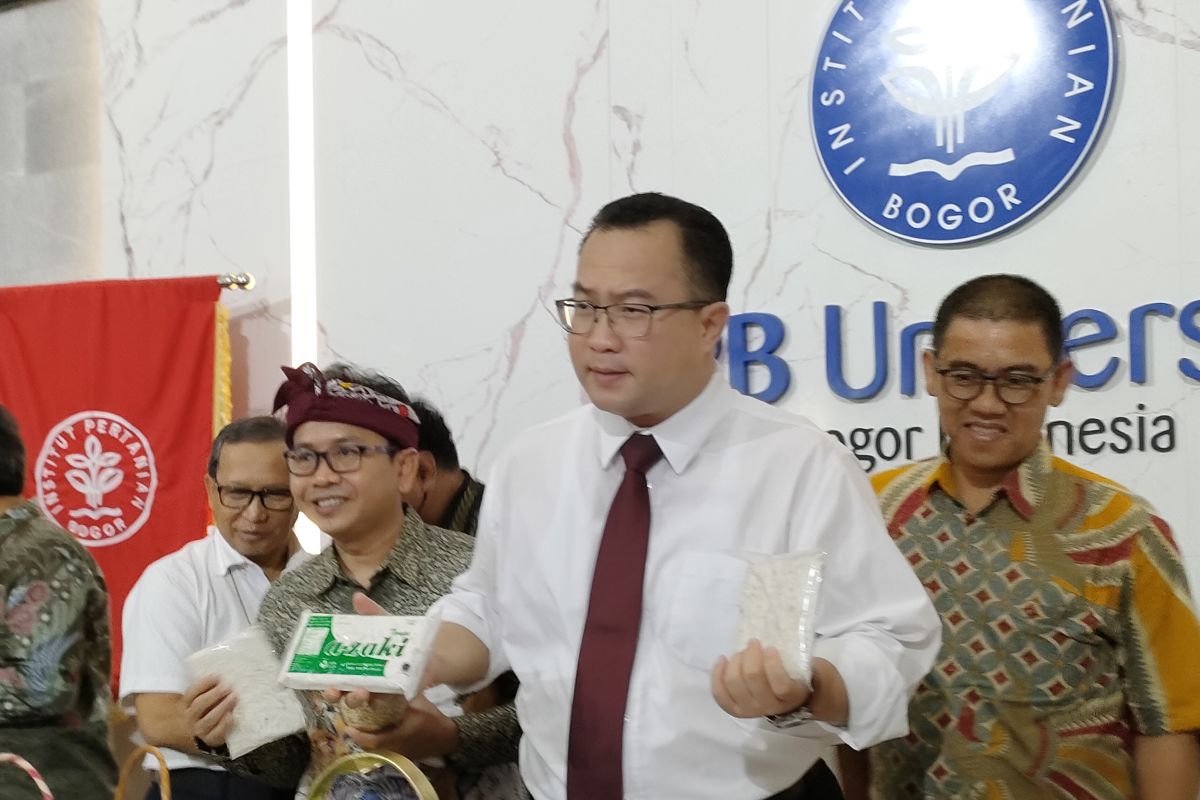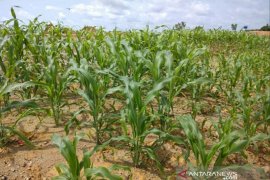We have a lot of land, we have a lot of products, (and) we have a lot of innovations to substitute it (the imported commodity).Bogor, W Java (ANTARA) - Bogor Agricultural University (IPB), a state college in West Java Province, encourages noodle producers to utilize innovative local basic ingredients made of corn, canna tuber, breadfruit, cassava, and sago, as substitutes for imported wheat.
"About 207 million tons (of wheat) are stuck in (or cannot be distributed outside) Ukraine and Russia. It is a momentum for Indonesia to increase its food sovereignty and become independent from (imported) wheat and flour through these import substitution innovations," Rector of IPB Arief Satria stated here on Sunday.
With these innovations, Satria assessed that it is time for the government to establish a policy on the substitution ratio of imported wheat, so that Indonesia can become self-sufficient in the commodity.
For instance, whenever producers import 10 tons of wheat, they are also required to purchase one ton of local agricultural products to be mixed with the imported wheat to become the basic ingredients for producing noodles.
The rector affirmed that the policy can be implemented gradually in accordance with the production capacity of domestic farmers. Thus, it can start with the 10:1 ratio to 2:1 ratio, until it reaches 1:1 ratio.
He expects that the policy will increase the absorption of local products and expedite economy growth in rural areas.
"Thus, do not depend on the global supply anymore. We have a lot of land, we have a lot of products, (and) we have a lot of innovations to substitute it (the imported commodity)," he remarked.
Hence, he encouraged the government to implement various supportive policies and concrete actions to realize the substitution of imported wheat products.
Earlier, Director of Cereals of the Directorate General of Food Crops at Agriculture Ministry, M. Ismail Wahab, stated that in order to meet the domestic demand for wheat, the government had taken into account various potentials of local food crops, such as cassava, sago, and sorghum, to substitute the commodity.
"I think sorghum has huge potential to (be a) substitute (for) wheat," he said.
Indonesia had imported 11.69 million tons of wheat in 2021. The government targets to reduce the import of the commodity gradually, by five percent in 2022; by 10 percent in 2023; and by 20 percent in 2025.
Related news: Gov't boosts local food production as substitute for commodity imports
Related news: BRIN seeks sorghum development to reduce wheat imports
Related news: Widodo seeks increase in sorghum production in NTT
Translator: Linna Susanti, Uyu Liman
Editor: Sri Haryati
Copyright © ANTARA 2022












